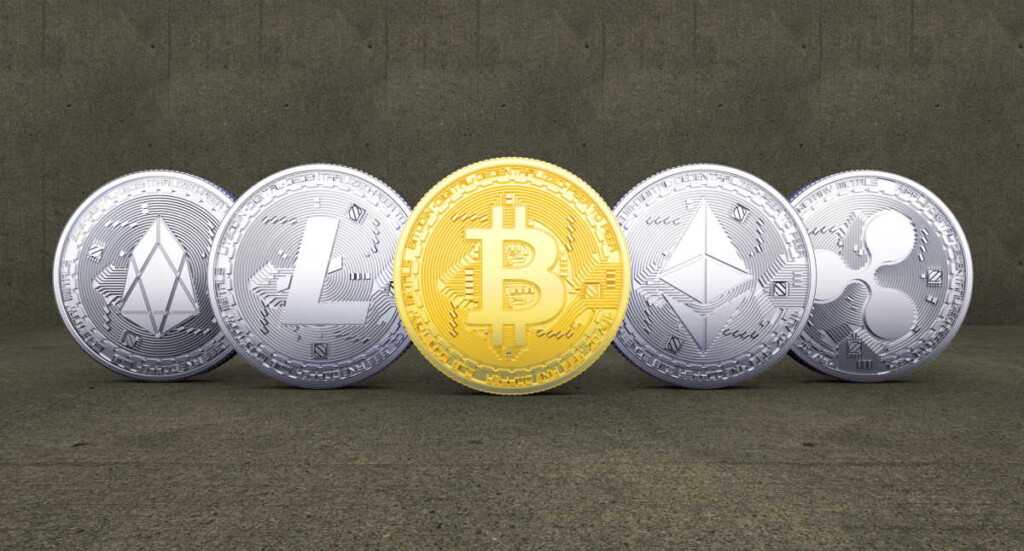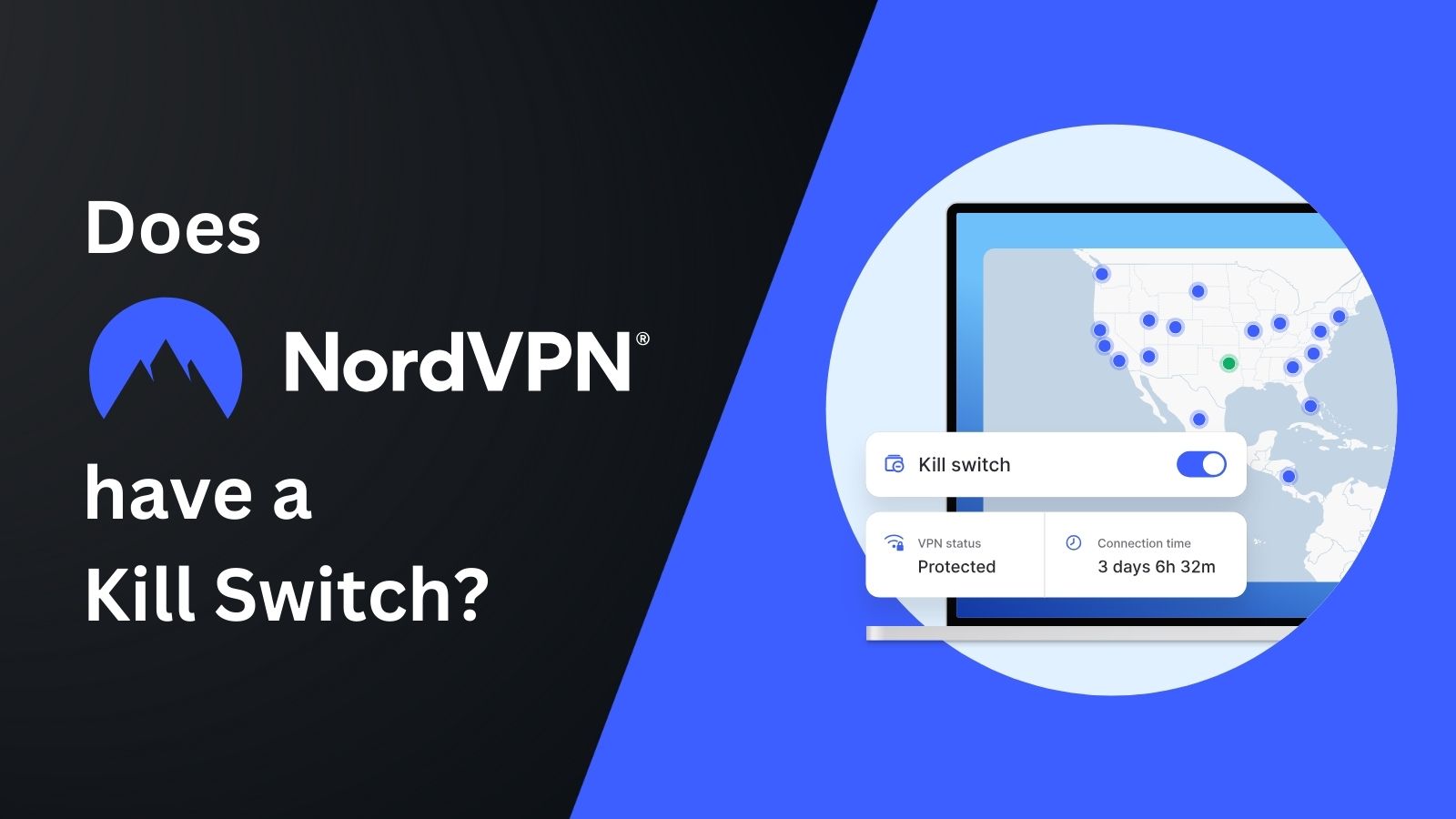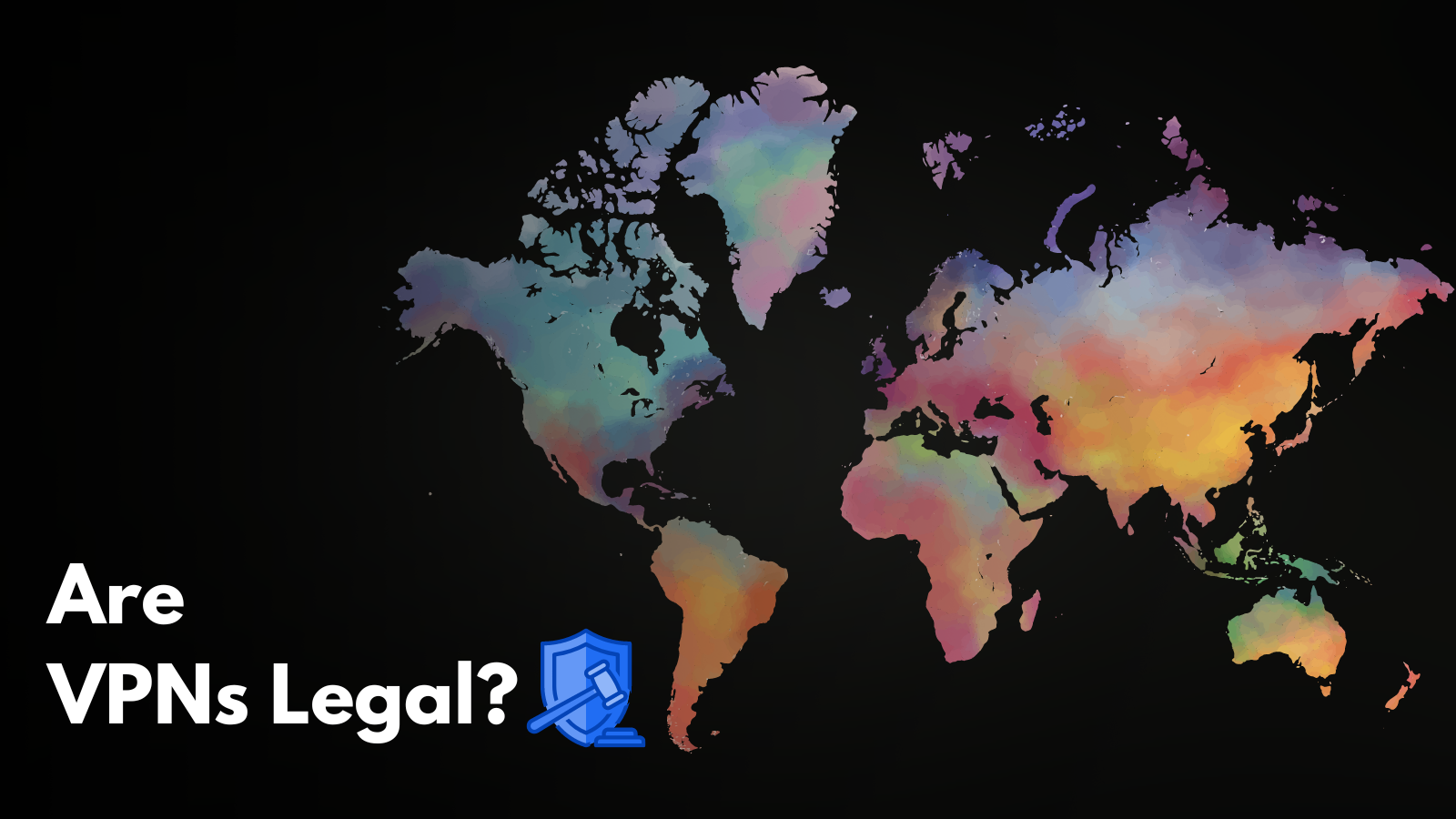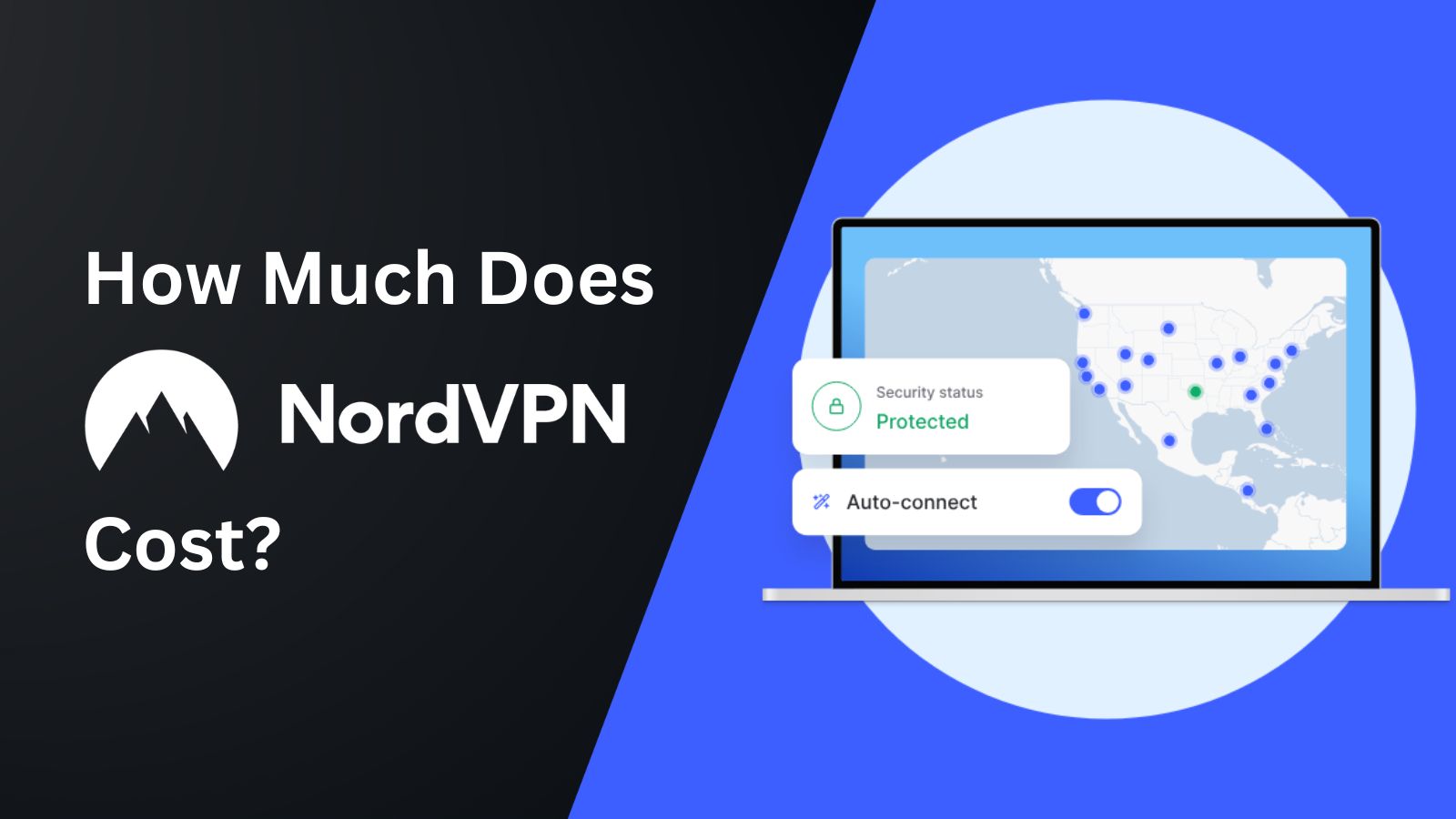
The Pros and Cons of Fintech for Society
What are the pros and cons of Fintech for as collectively? Fintech is the umbrella term for all those technologies that change the way we work with money. From the invention of double-entry accounting systems to modern machine learning algorithms that trade on the stock market. It's all Fintech in the end.
We've been writing quite a lot on the subject of Fintech over the past few months, as new ideas in this technology, space keep introducing new disruption. The pace of change is astounding and, as you might expect, has a large scale impact on society as a whole. While Fintech is generally framed in a positive light, there are always at least two sides to every story. This is why we're going to highlight some of the potential pros and cons of Fintech we foresee.
Pro: It Generates Wealth
This is perhaps the most obvious one, but Fintech has the potential of generating massive amounts of wealth. By making the cost of working with money less or by enabling entire new markets and classes of product. Fintech is helping so-called "unbanked" people join the formal economy, it's giving access to credit and making sure fair contract terms are enforced.
Fintech developments are touching on just about every aspect of life and business and the potential for wealth generation seems boundless. It's not just a matter of better managing existing resources, but of creating entirely new ones that grow economies in ways we can't yet imagine. Of course, the question of who benefits from this new wealth is another story entirely.
Another way Fintech is "increasing" wealth is by reducing wasted opportunities. Technologies that allow people to share resources effectively increase the available amount of that resource. A simple example is the humble e-scooter. A device that you can rent cheaply using your smartphone, and then leave for the next person to use. Compare that to buying the vehicle for your own exclusive use and then only benefiting from a small percentage of the potential usefulness it offers. The same logic can be extended to other resource-sharing applications such as Airbnb.
Pro: Fintech Democratizes the Economy
Access to economic activity has always been unequal. Whether it was exclusionary trade guilds or modern class differences, not everyone has a fair shot at becoming economically active or accessing the same economic opportunities. Sometimes this is the result of discrimination, but often it's just a roll of the dice. Opportunities are limited by where and when you are born and the state of the local economy. Fintech is removing multiple barriers that are geographic, temporal and economic in nature.
Technologies such as crowd-sourced funding platforms, initial coin offerings, and other emerging developments let the masses participate in investment opportunities. The gig economy and global freelancing networks let workers make money anywhere in the world, shielding them from local employment and economic problems.
Pro: Fintech Promotes Transparency
The world of finance is, to put it mildly, filled with a lot of questionable activities. Sometimes we have leaks, such as the infamous Panama Papers, which show us what really happens out of sight. Still, the world financial stage is so deep and complex that there are plenty of places to hide your unethical conduct and there simply aren't enough people to connect all the dots. This is why we are now using intelligent machines to discover patterns of abuse or suspicious activities at a scale that's literally impossible for humans to achieve. Not only does this mean that bad actors in the financial system are brought to book. It means that losses of public funds and resources that could have gone to economic developments. Fintech is making it harder to make money go where it shouldn't.
Con: Some People Are Being Left Behind
With any technological revolution, there are going to be casualties. With Fintech the nature of these casualties is likely to be quite varied, but a key factor here is automation. Of course, automation is the source of global dread in all spheres of life. As machine learning and robotic technologies advance, it's becoming ever more clear that the need for human labor is set to diminish drastically. This may turn out to be no cause for alarm. However, it's understandable that people living in the current labor paradigm feel anxious about this.
Coming back to the more focused field of Fintech, there's certainly a trend towards needing fewer people to perform financial services. The speed with which Fintech is moving also creates the potential for some people to simply fall behind. When you have to run simply to stay in one place, it's inevitable that some people just aren't going to move with the times.
Con: It Can Contribute to Global Inequality
Fintech goes hand in hand with developments in digital technologies. Broadband internet, data centers, smartphones, mobile wireless access, and other advanced modern infrastructure are needed to make it all work.
The problem is that a significant proportion of the world's population doesn't have broadband access. Some nations are so poor that the idea of owning a smartphone or paying for internet access is ludicrous. This means that any of the economically beneficial aspects of Fintech will be lost on people who live in these places.
The flip side of this issue is the continued drop in the costs of these technologies. These days you can buy a smartphone for thirty bucks that can do all the same fundamental things as a high-end handset. Albeit more slowly and not as pleasant to use. In markets such as India, we've seen technological "leapfrogging" where new technologies are installed without first going through older technologies. For example, installing mobile broadband infrastructure, leapfrogging copper and fiber broadband. This may lead to certain under-developed nations getting on an even footing with more established states quickly. In fact, without the baggage of transitioning, they can embrace new tech more quickly and to a greater extent!
Con: It Can Destroy Privacy
Modern Fintech often only works because it digitizes our behavior on a deep level. When you use an app like Uber or book an Airbnb, you are generating a mass go information. Banks are starting to use behavioral analysis to optimize things like credit scores or interest rates. By looking at your spending patterns. On an even more basic level, those who have access to your financial information can also build a picture of your movements. Who your friends are and what sorts of causes you support.
With the prospect of cash going the way of the Dodo, there may be a chilling effect on the things that people do. But would prefer to remain private. From buying adult entertainment to donating money to certain causes, there is a long list of legal and legitimate things one would nonetheless prefer no record of.
Con: It Can End the Informal Economy
In theory, everyone in a society has to pay their taxes. Contributing to the communal fund that pays for public goods. In practice, the state can't tax income and trade it can't see. There are plenty of people who either supplement their formal sector income or live entirely from informal trade.
There are several forms of Fintech that seriously threaten the viability of the informal sector. The elimination of cash through digital money and cheap mobile payment is primary here. Recording and digitizing all transactions means giving the state deep insight into everyone's financial activities. This will surely allow them to maximize taxation. Also, perhaps, in the long run, this will make for a better society as a whole. In the short to medium term however, it could lead to the impoverishment of the most vulnerable members of society, as they are subjected to a tax burden their markets simply can't handle.
Of course, other forms of Fintech such as Bitcoin may allow informal sector activity to continue. World powers are however always looking for ways to remove anonymity from trade and that includes cryptocurrencies.
Fintech: Pros & Cons
What's the point of looking at the pros and cons of the Fintech revolution? After all, where there's profit to be made it's hardly likely that we could put the brakes on this particular steam train. The point is that the hype around Fintech can be too optimistic. At the same time, the good that Fintech could do for us can be obscured by misunderstanding. The most important point is that EVERYONE will be affected by these technologies. It's not just something that people who work in finance have to worry about. On balance, the pros and cons of Fintech look to be a net positive for society but never underestimate the power of unintended consequences.
















